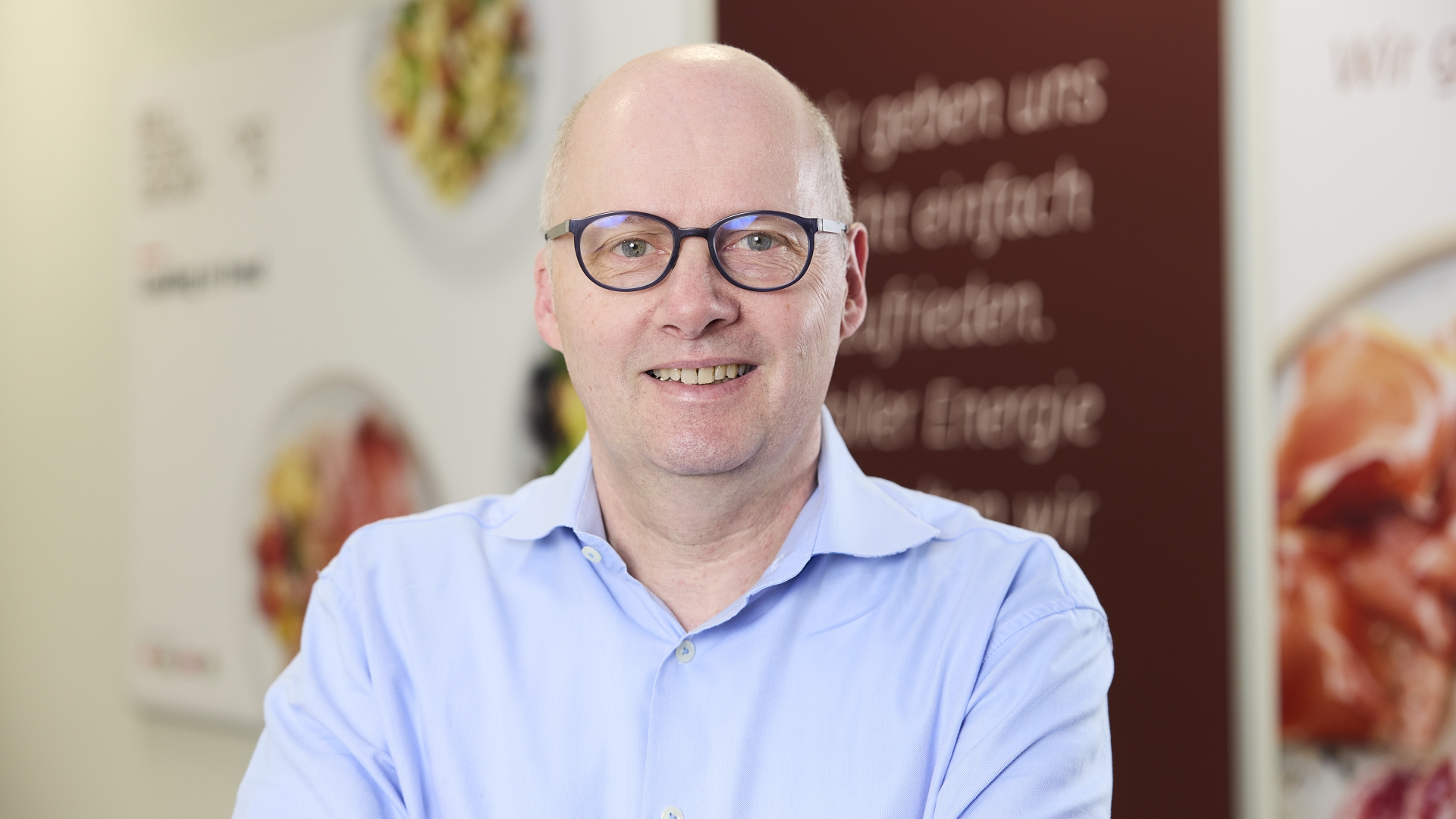‘In the world of organic products, success depends on collaboration throughout the entire supply chain’

As one of Europe’s leading processors of meat and convenience products, Bell Food Group is a valued partner of De Groene Weg. Working in collaboration with De Groene Weg, Bell has long made a name for itself with its organic raw ham. We talk with Stephan Holst, Head of Marketing & Communication at Bell Germany, and Stefan Lotter, Head of Procurement & SCM at Bell Germany.
As one of Europe’s leading processors of meat and convenience products, Bell Food Group is a valued partner of De Groene Weg. Working in collaboration with De Groene Weg, Bell has long made a name for itself with its organic raw ham. We talk with Stephan Holst, Head of Marketing & Communication at Bell Germany, and Stefan Lotter, Head of Procurement & SCM at Bell Germany.
What does Bell value in its relationships with suppliers?
“Openness, honesty, reliability and a clear business philosophy aligned with our own. We operate in a market that is no longer achieving overall growth and where it’s important to stand out from the competition. Our raw ham is a premium product. It demands an approach that focuses on quality throughout the supply chain, including with our suppliers.”
And what does the organic segment mean for Bell?
“The opportunity to position ourselves. We’ve seen that ideas like ‘organic’ and ‘sustainable’ are increasingly important to German consumers. That’s why we made the decision to enter the organic segment about 20 years ago. It’s an important segment for Bell.”
Why does Bell Food Group work with De Groene Weg?
“Our customers are supermarkets, discounters, wholesalers and food service providers. They want long-term partnerships with reliable partners. That’s essential for ensuring consistent quality and stable growth. De Groene Weg honours its agreements and is flexible when necessary. Transparency is also increasingly important.
Long-term focus is vital because the growth of the organic meat sector is determined by how quickly pig farmers shift to organic farming. That makes it more difficult and complex, but working together to build this supply chain also makes things more interesting.”
What’s different about working with De Groene Weg?
“A significant trait of the market for organic meat is that rapid growth is limited by availability. This calls for even closer collaboration in the supply chain. A strategy for growth is needed so that De Groene Weg can work effectively on the supply side and we can work on the sales side. What’s different about working with De Groene Weg is the amount of openness and transparency we have. It feels less like we’re just working with each other and more like a partnership.”
How do you see the future of organic meat?
“Positively. For example, look at the long-term sustainability policies big retailers have when it comes to meat. We can expect that to contribute to market growth. Another element is that young people are much more inclined to buy organic meat, so we will continue to see growth in the organic segment in the next few years. If we want to achieve substantial growth, our mission must be a shared one.”
Box:
Bell Germany, based in Seevetal in Nordheide, is part of the Bell Food Group, headquartered in Basel, Switzerland. One of Bell Germany’s core activities is the production of smoked or air-dried raw ham.
